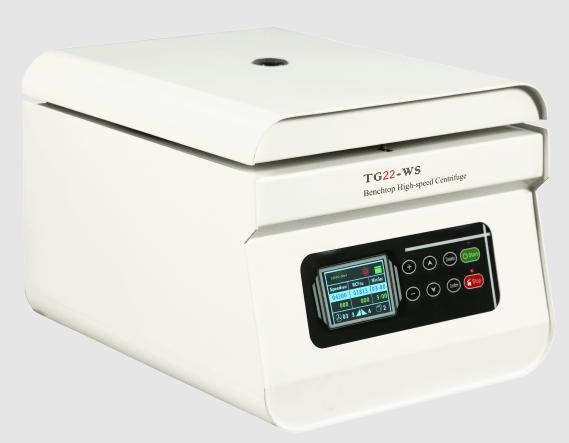A Comprehensive Guide to Knowing Benchtop Centrifuges
Body
Benchtop centrifuges are indispensable tools in laboratories across various scientific and medical fields. These compact instruments utilize centrifugal force to separate substances of different densities within a sample, enabling a wide range of applications from cell culture to clinical diagnostics. In this comprehensive guide, we delve into the types, principles, applications, and pros & cons of benchtop centrifuges, shedding light on their significance in modern research and industry.

Types of Benchtop Centrifuges:
Fixed-angle centrifuge: Ideal for pelleting or separating dense particles, with a fixed rotor angle of approximately 45 degrees.
Swing-out centrifuge: Features a rotor that swings outward during operation, suitable for separating components with varying densities or collecting samples from tube bottoms.
Microcentrifuge: Compact units designed for small volume samples in microcentrifuge tubes, commonly used in molecular biology and biochemistry.
Refrigerated benchtop centrifuge: Equipped with cooling systems to maintain low temperatures during operation, crucial for temperature-sensitive samples.
High-speed benchtop centrifuge: Designed to achieve very high rotational speeds, above 10,000 rpm, for efficient separation and pelleting.
Principle of Benchtop Centrifuges:
Benchtop centrifuges utilize centrifugal force generated by high-speed rotation to separate and sediment particles in a sample. Heavier particles migrate outward, while lighter components remain closer to the center, enabling isolation and analysis.
Parts of Benchtop Centrifuges:
Rotor: Holds sample tubes or containers and rotates at high speeds.
Motor: Drives rotor rotation and controls speed and duration.
Control Panel: Allows setting and adjustment of parameters like speed, time, and temperature.
Lid and Safety Features: Ensures safe operation with lid-locking mechanisms and rotor imbalance detection.
Display: Provides real-time information on centrifuge parameters.
Centrifuge Tubes or Carriers: Hold samples during centrifugation.
Cooling System (in refrigerated centrifuges): Maintains low temperatures for sensitive samples.

Applications of Benchtop Centrifuges:
Cell and Tissue Culture
Clinical Diagnostics
Molecular Biology and Genetics
Microbiology
Biochemistry and Proteomics
Pharmaceutical Research
Environmental Science
Quality Control and Industrial Applications
Pros & Cons of Benchtop Centrifuges:
Pros:
Compact and Portable
Cost-effective
Versatile
Fast Operation
Ease of Use

Cons:
Limited Capacity
Lower Maximum Speed
Lack of Advanced Features
Noise and Vibrations
Limited Cooling Options
Conclusion:
Benchtop centrifuges are versatile and essential tools in laboratory settings, enabling a wide array of research and diagnostic applications. Understanding their types, principles, applications, and pros & cons is crucial for maximizing their utility while addressing potential limitations. As technology advances, benchtop centrifuges continue to evolve, offering enhanced performance and capabilities to meet the ever-changing demands of modern science and industry.












Comments